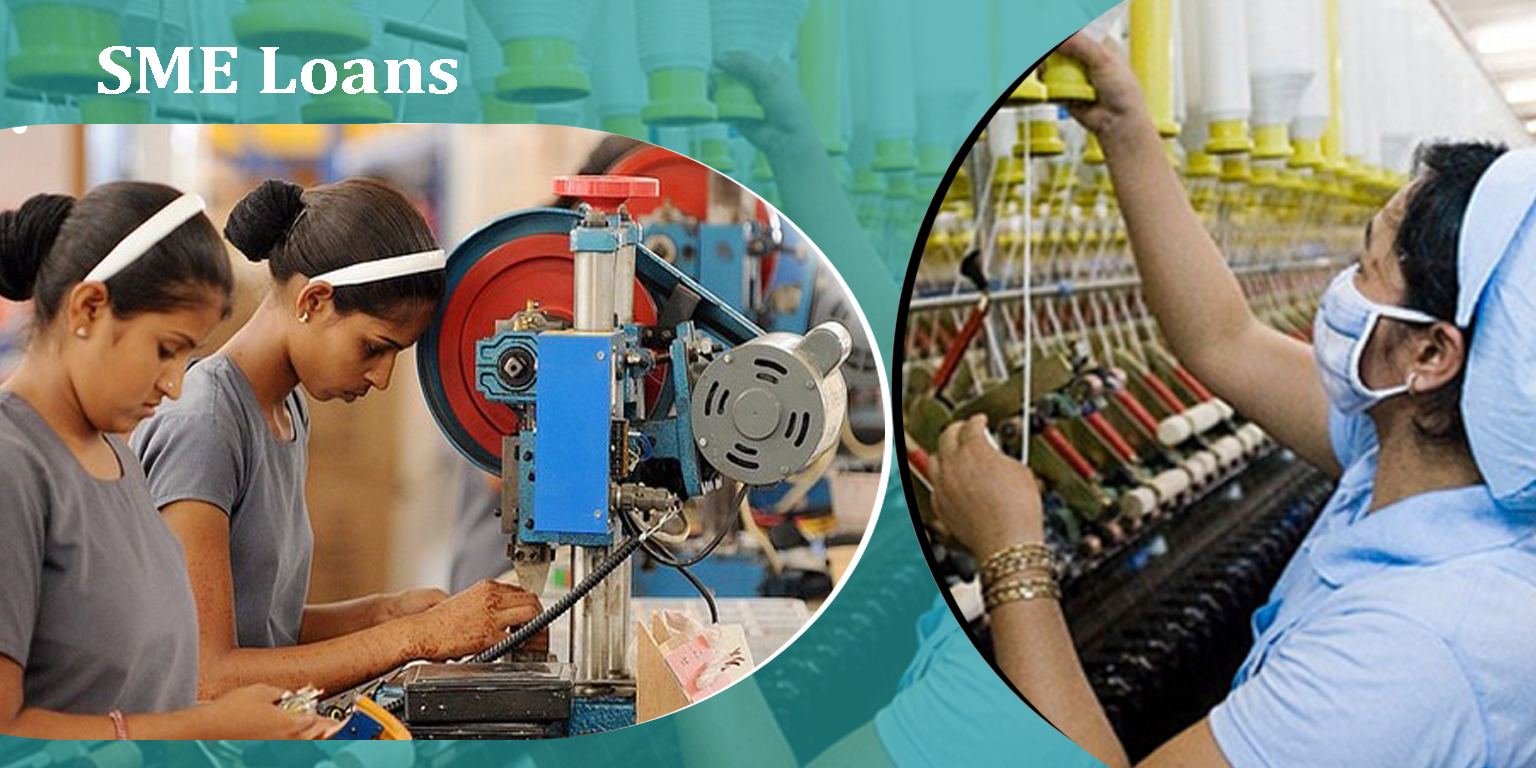According to a report by the Planning Commission of India, the MSME sector comprises 30 million establishments. It generates employment for 70 million people, manufactures over 6000 products, and contributes 45% to manufacturing output and 40% to exports. These statistics validate the fact that the MSME sector is the backbone of the Indian economy.
However, this sector has been struggling with several growth-hampering issues such as shortage of skilled talent, lack of access to technological tools, poor infrastructure to boost production capacity, and most importantly unavailability of adequate funds. It is estimated that there is an estimated 56% credit gap in MSME sector.
There are several reasons why small and medium-sized enterprises are unable to secure easy and quick business loans in India:
- They do not have hard assets to mortgage, which disqualifies them from loans offered by most credit channels.
- They do not have documented credit scores to assess their creditworthiness.
- The loan application process in banks and other mainstream financial institutions is very tedious.
The government’s demonetization drive in Nov-Dec 2016 and introduction of Good and Services Tax (GST) in July 2017 stressed out the MSME sector further.
Traditionally, MSME units have always relied on self-finance or banks to secure credit. However, banks often adopt the cookie-cutter model to lend finance, irrespective of the business size. They hesitate to provide loans, especially to MSMEs or in small ticket-size, due to higher risks of non-repayment. If at all they do, the MSME owners have to either avail the loan at a high-interest rate or place collateral.
NBFCs (Non-Banking Financial Companies) and Micro Finance Institutions (MFIs) have eased out the credit worries for MSMEs to a certain extent. However, as per RBI norms, MFIs can lend only up to Rs1 lakh to small borrowers. This cap limits the capacity of MSME enterprises to borrow more amount.
Then, there are private lenders or informal lending as it is commonly known. This channel may not ask for collateral or look into the credit history, but they provide loans at exorbitant interest rates. A modern twist to private lending is Peer to Peer (P2P) lending under which MSME owners can seek loans from online private lenders. While the P2P lending is an innovative model, it is more suitable for personal loans instead of business loans.
The government has also launched several types of small business loans in India to infuse capital in the MSME sector. These schemes are Credit Guarantee Fund Scheme for Micro and Small Enterprises (CGS), Micro Units Development and Refinance Agency (MUDRA) and Stand Up India Scheme. While these financing schemes have been hailed by MSME owners, they have not been yet much effective in bridging the credit gap. The applicants still have to go through a maze of bureaucracy to avail the loans and there isn’t much clarity about terms and conditions.
Over the last five years, the emergence of alternative financing channels has fuelled the much-needed credit in the MSME sector. This alternate credit is given by digital financing platforms which are backed by technology-based loan evaluation parameters. These online lending companies have simplified the lending process by automating the application process and accepting paperless documentation. The assessment is conducted in real-time and there are zero physical touch points; hence loans are approved in less than 48 hours.
Another reason why online financing companies are becoming popular is that they can provide unsecured or collateral-free loans up to Rs1 crore at competitive interest rates. The repayment terms are also very flexible. Since the entire application process is digital, there is greater transparency in transactions.
Digital financing platforms are challenging the conventional lending to give easy access to unsecured credit to MSMEs and improve their loan borrowing experiences. It won’t be surprising if these platforms take over the MSME business loans in India. Given the current credit gap in the MSME sector, they are a welcome change.

